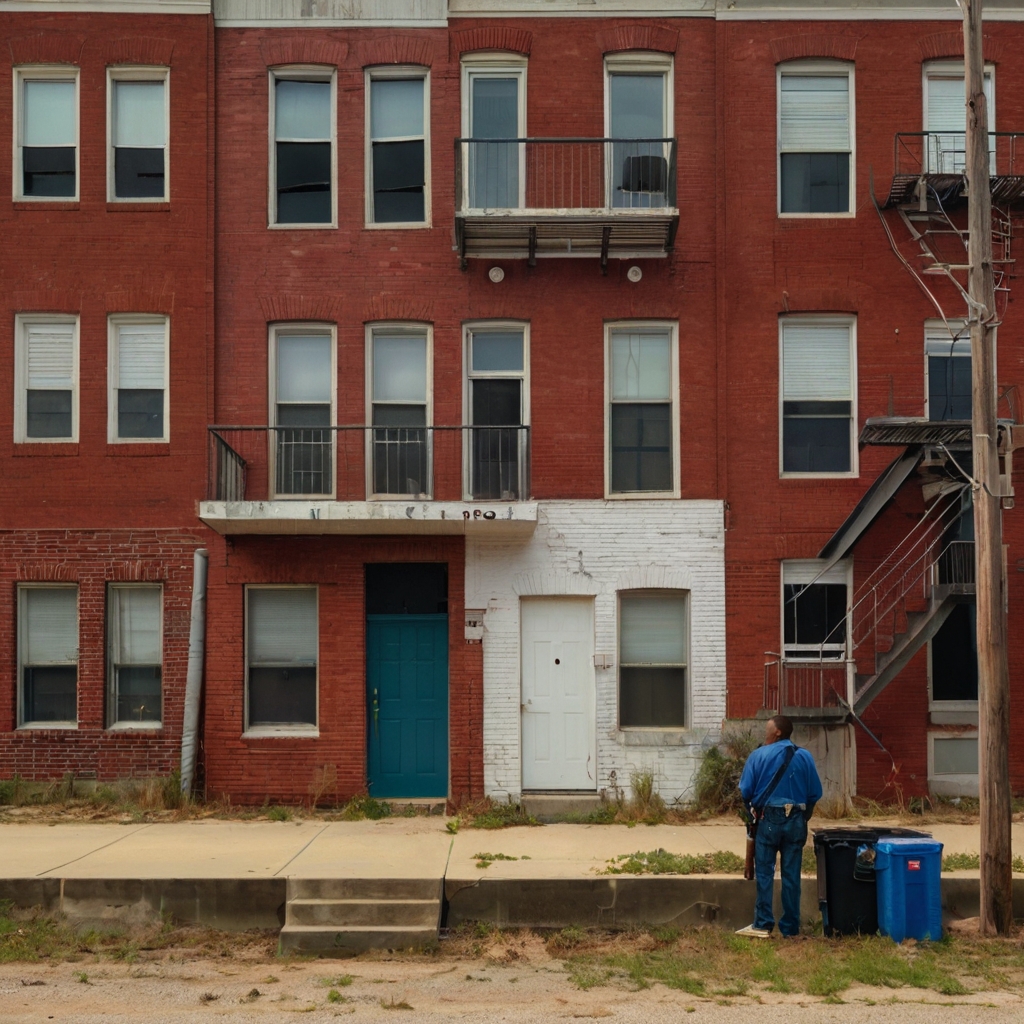Selling a home represents one of the most consequential decisions a homeowner can make. When that home requires major repairs, the complexity of the sale increases significantly. For many homeowners facing this situation, realizing the costs and time associated with traditional home sales can be overwhelming. Renovations can be expensive, time-consuming, and physically arduous. In scenarios like these, the option of considering cash offers becomes particularly appealing. Companies like Massachusetts house buyers specialize in providing homeowners with a streamlined, alternative path, offering a quicker sale with minimal hassle. But is opting for a cash sale the right decision for every homeowner?
 Key Takeaways:
Key Takeaways:
- Understand the benefits and drawbacks of selling your home as-is.
- Evaluate the pros and cons of accepting a cash offer.
- Discover alternative strategies for selling a home that requires major repairs.
Table of Contents:
- Benefits of Accepting a Cash Offer
- Challenges of Traditional Sales
- Cash Offers vs. Conventional Sales
- Who Buys Homes for Cash?
- How to Evaluate Cash Offers
- Alternative Selling Strategies
- Final Thoughts
Benefits of Accepting a Cash Offer
Cash offers present several significant advantages for homeowners with properties requiring extensive repairs. Primarily, the speed of transaction is markedly faster compared to traditional sales. The absence of complex mortgage approvals, which often delay closings, facilitates a swift sale. In addition, cash buyers typically acquire homes ‘as-is’, alleviating the homeowner’s burden of undertaking costly repairs or renovations prior to selling. This approach benefits sellers without the resources, time, or desire to undertake extensive home improvement projects. According to Bankrate, selling as-is can save significant amounts of time and money.
Challenges of Traditional Sales
The traditional route of selling a home is fraught with numerous challenges, especially for properties needing major repairs. Firstly, sellers often encounter a series of time-consuming and costly steps, including repairs and staging, which may not be financially feasible or desirable. The need for substantial repairs can severely delay the selling process and frequently necessitates negotiation with prospective buyers, who often expect significant price reductions to accommodate the required fixes. Furthermore, passing home inspections and securing buyer financing adds complexity and uncertainty, potentially resulting in prolonged listings. To complicate matters further, fluctuating real estate markets can impact property values, making the already daunting traditional sale process even more unpredictable.
 Cash Offers vs. Conventional Sales
Cash Offers vs. Conventional Sales
When weighing the option of a cash offer against a conventional sale, several critical factors must be considered. Cash offers inherently provide a more expedited closing process, largely immune to market fluctuations and free from the pitfalls associated with buyer financing issues. On the other hand, conventional sales, despite their more complex nature, can yield higher offers, assuming the necessary repairs and renovations are feasible and executed effectively. This potential for a higher selling price must be carefully balanced against the time, effort, and financial investment required for those repairs.
Who Buys Homes for Cash?
The cash buyer market comprises diverse players, ranging from individual real estate investors to established companies like Rapid Cash Buyers, which specialize in quickly purchasing homes for cash. These entities typically aim to flip, rent, or develop properties, though their specific objectives can vary. Understanding cash buyers’ motivations and business models is pivotal in making an informed decision. Investors focused on property flipping might offer different terms compared to those intending to hold the property as a rental. This knowledge can help sellers better navigate negotiations and prepare for what to expect regarding offers and closing timelines.
How to Evaluate Cash Offers
Receiving a cash offer requires a discerning evaluation to ensure it aligns with your financial and personal goals. Scrutinize the offer price in the context of your home’s current market value and condition, weighing it against repair costs and potential appreciation if sold through conventional means. It’s also critical to assess any contingencies that may accompany the offer, such as inspections or appraisals, as these can alter the terms of what appears to be a straightforward deal. Comparing offers allows for a clearer understanding of fair market value and strengthens negotiating power, potentially leading to a more satisfactory final agreement.
Alternative Selling Strategies
Exploring alternative strategies can yield fruitful outcomes if a cash offer does not meet your expectations. One approach is undertaking partial renovations, targeting high-impact areas like kitchens and bathrooms, which offer strong returns on investment and boost property appeal. Alternatively, listing your property on the market at a competitive price, with full disclosure of its current state and necessary repairs, might attract buyers willing to invest in improvements. Seller financing is another option, potentially widening your buyer pool by appealing to those who face challenges securing traditional financing but are otherwise interested in the property.
Final Thoughts
Selling a home that requires major repairs presents complex challenges and diverse opportunities. While cash offers provide a feasible and often desirable pathway for those seeking a quick and hassle-free exit, understanding and analyzing all available options is crucial. Insight into the local market, carefully evaluating offers, and a willingness to consider alternative sales strategies can lead to more informed decision-making and potentially more profitable outcomes.